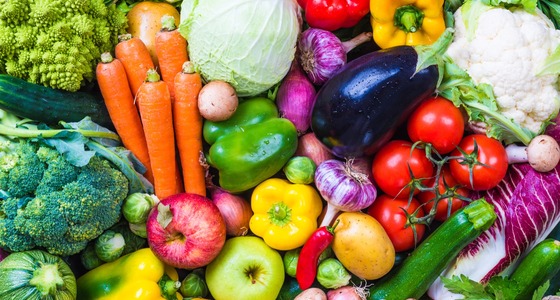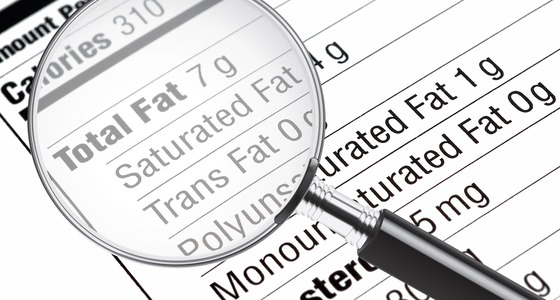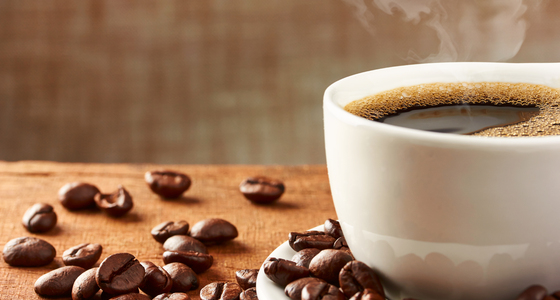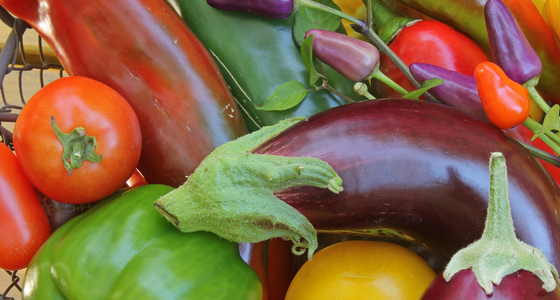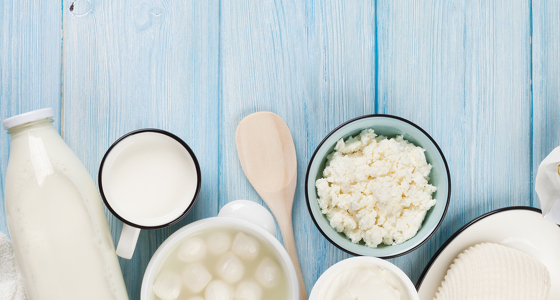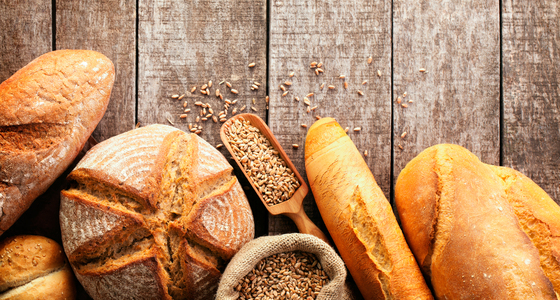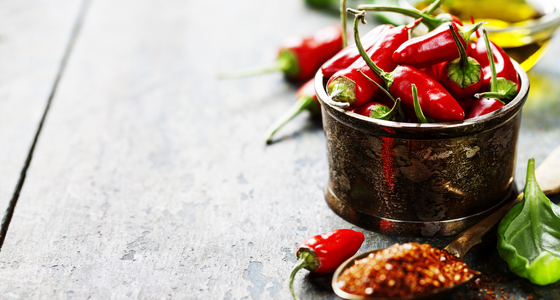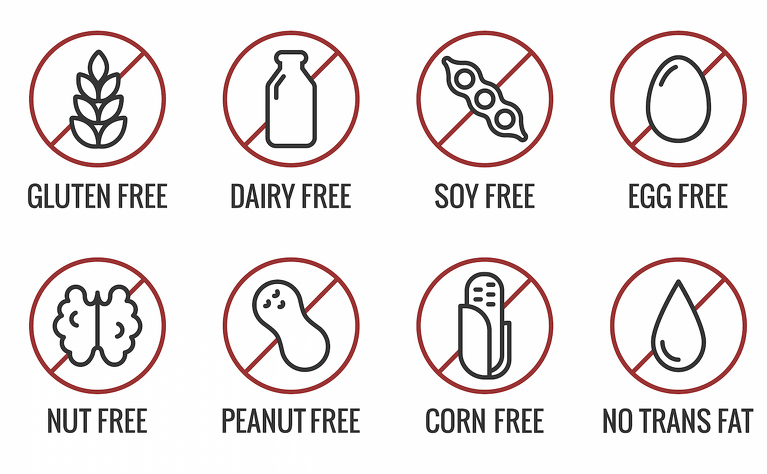
A trigger food is considered a food that can make your inflammatory bowel disease (IBD) symptoms worse - such as causing diarrhoea, bloating, vomiting etc. This may be immediately or several days afterwards.
Some people with IBD say they have a long list of trigger foods while others say they have none...and some haven’t yet been able to determine whether they have any.
Unfortunately, due to the individual nature of IBD, there isn’t a list of foods that the majority of people find trigger their symptoms. It seems to be a very unique thing, though there may be a few trends.
Some common foods and food groups that people with IBD report problems with include:
To find out more about each food click on the links above.
Read more about the role of food and how to discover if you have any trigger foods in this article.
Just because you find a food doesn’t agree with you it doesn’t mean you will definitely need to avoid it in all circumstances. For example, some people find they struggle with eating certain fruit and vegetables whole but if they are blended up in a soup or smoothie, or the skin is peeled off them, they can tolerate eating them. For others they may be able to eat the food when in remission, but during a flare avoid it.
To help build a picture of what ‘safe’ and ‘trigger’ foods other people with IBD have we have created a diet survey. The survey includes a range of foods and asks people with IBD to rate the food as to how safe they rate it in relation their IBD. You can fill out the survey yourself and view the results here.
Some companies, such as Healthpath* (this is an affiliate link), provide home food sensitivity testing.
*Please note this is an affiliate link which means if you buy from the company we may receive a commission. You will pay the same price as you normally would and any money earned will be used to support IBDrelief's work.
